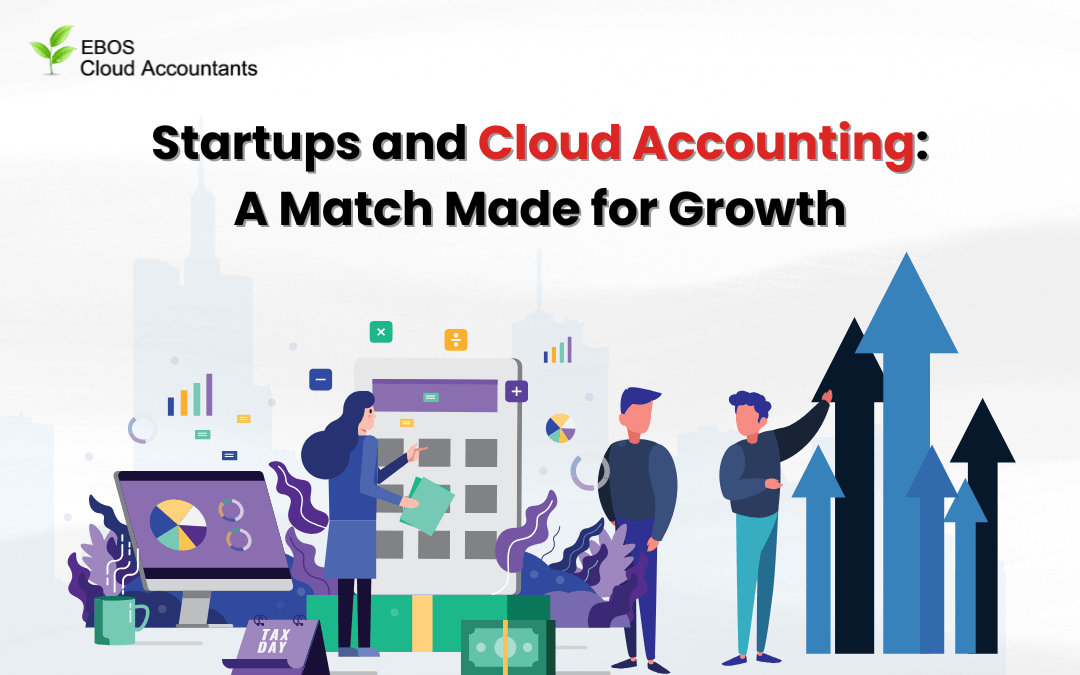Launching a startup is an exciting journey—but managing finances often isn’t. Between juggling investors, scaling operations, and keeping an eye on cash flow, startups can’t afford inefficiencies in their accounting processes. This is where cloud accounting steps in as a game-changer.
Cloud accounting isn’t just a trend—it’s a growth enabler. By moving financial operations online, startups can save time, cut costs, and make smarter decisions. Let’s dive into why cloud accounting and startups are truly a match made for growth.
1. What is Cloud Accounting?
Cloud accounting is a modern approach to managing finances using online software instead of traditional desktop-based systems. Your financial data is stored securely on the cloud, meaning you can access it anytime, anywhere, from any device.
Popular cloud accounting platforms include Xero, QuickBooks Online, and Zoho Books, all of which provide real-time insights and automation features designed for fast-growing businesses.
2. Why Startups Need Cloud Accounting
Startups thrive on agility and cost-efficiency, and cloud accounting offers both:
✅ a) Lower Costs and No Heavy IT Setup
Forget expensive servers or complex installations. Cloud accounting works on subscription models, making it affordable for early-stage businesses without large budgets.
✅ b) Anytime, Anywhere Access
Whether you’re pitching investors overseas or working remotely, you can check your financials in real time. This flexibility is vital for fast-moving startups.
✅ c) Real-Time Financial Insights
Startups need quick decisions. Cloud tools give you instant access to reports, dashboards, and cash flow data—empowering founders to react swiftly.
✅ d) Automation Saves Time
From invoice generation to bank reconciliation, automation reduces manual work. That means fewer errors and more time to focus on growth.
3. Growth Advantages for Startups
Cloud accounting isn’t just convenient—it’s strategic:
-
Scalability: As your business grows, cloud solutions scale easily without big IT investments.
-
Better Collaboration: Teams, accountants, and even investors can access updated financial data anytime.
-
Integration with Other Tools: Most platforms integrate with CRMs, payment gateways, and inventory systems for smoother operations.
4. Security and Compliance
Startups often worry about data security, but cloud accounting platforms use bank-grade encryption and multi-factor authentication. Plus, compliance is easier with automated tax and reporting features, keeping your startup audit-ready.
5. The Bottom Line
For startups, every dollar and minute counts. Cloud accounting reduces costs, eliminates inefficiencies, and provides the financial clarity needed to grow confidently. If your startup is still stuck with spreadsheets, it’s time to embrace the cloud. Startups and cloud accounting aren’t just a good fit—they’re the perfect pair for sustainable growth.
Check out our website at https://ebos-sg.com/ to explore more articles and discover how our Cloud Accountant Services can support you on your business.







